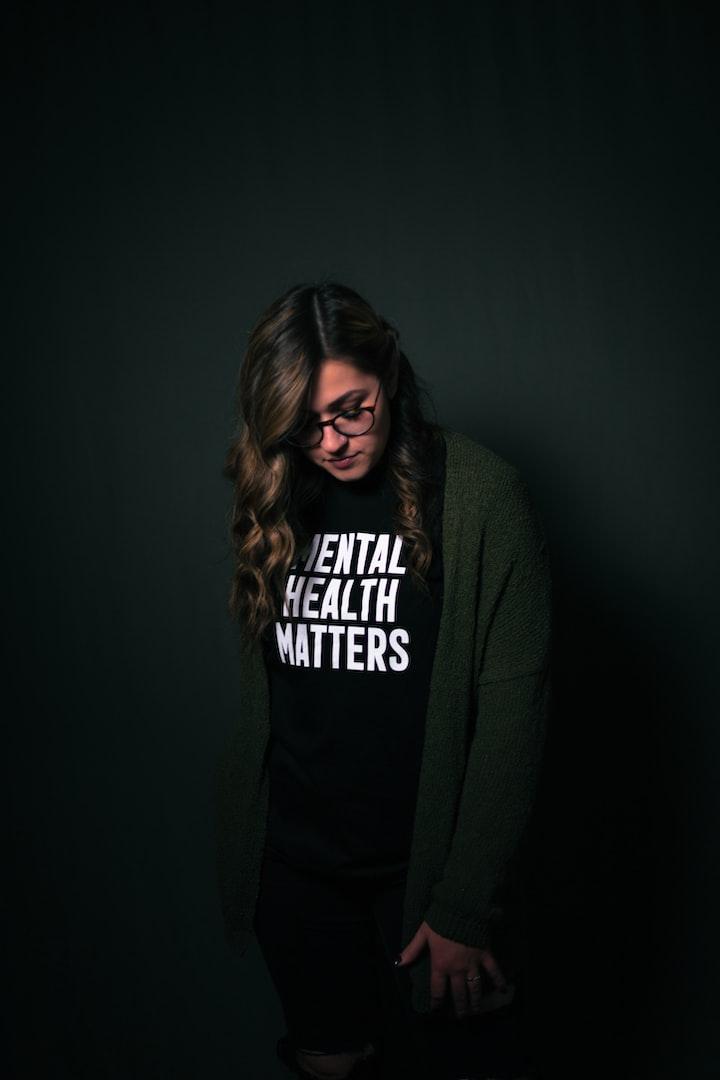5 Foods That Will Boost Your Mood
When you’re feeling down, you may not be in the mood to eat. But certain foods can give your mood a boost.
Complex carbohydrates like whole-grain bread, oatmeal, and brown rice can help increase levels of serotonin, a brain chemical that helps regulate mood. Serotonin is also found in some antidepressants.
Some omega-3 fatty acids are also linked to better moods. These healthy fats are found in salmon, tuna, walnuts, and flaxseed oil. Research has shown that people who eat diets rich in omega-3 fatty acids have a lower risk of depression.
Other foods that may improve your mood include:.
Read More »5 Foods That Will Boost Your Mood






